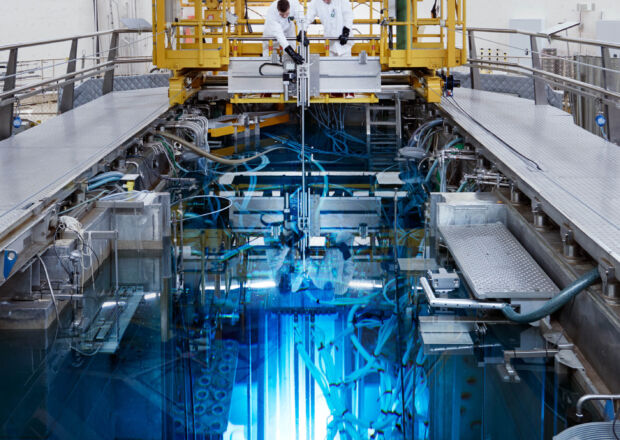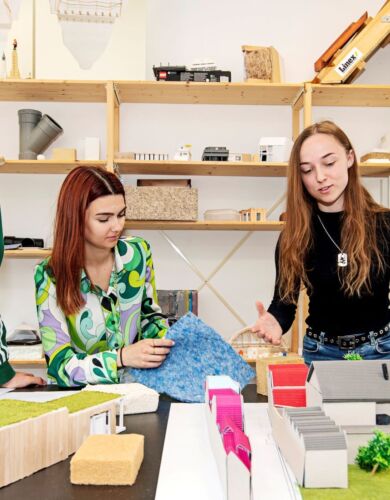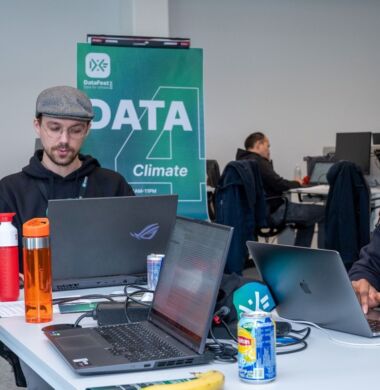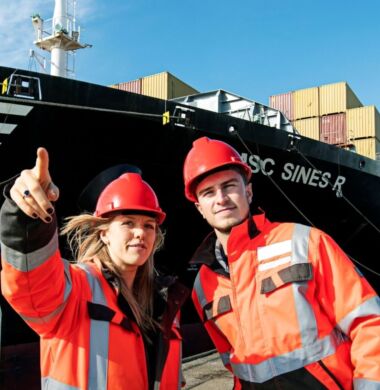Zeeland speelt een cruciale rol in de ambitie van Nederland om klimaatdoelen te bereiken. Naast de verschillende innovaties op het gebied van schone energie, zijn er plannen om twee nieuwe kerncentrales in Zeeland te bouwen. Maar hoe werkt kernenergie eigenlijk? En hoe zien de systemen binnen een kerncentrale eruit? Tijdens de minor Nucleaire Technologie ontdek je de basisprincipes van kernenergie en haal je zelfs een gecertificeerd diploma als stralingsbeschermingsexpert.
Diploma stralingshygiëne
Het eerste deel van de minor bestaat uit de cursus Stralingshygiëne, die wordt aangeboden in samenwerking met experts van de TU Delft en professionals uit de nucleaire industrie. Je leert wat ioniserende straling is en hoe je er veilig en verantwoordelijk mee omgaat. De cursus eindigt met een examen, waarna je een erkend diploma Toezichthoudend Medewerker Stralingsbescherming (TMS VRS-D) ontvangt. Dit kwalificeert je om te werken met radioactieve stoffen tot 0,2 Reinh, een vereiste voor iedereen die in een nucleaire omgeving werkt. Als je later in de nucleaire sector wil werken, heb je dit diploma al op zak.
Nucleaire energie: de basis
In het tweede gedeelte van de minor ga je dieper in op de basisprincipes van nucleaire energie. Je maakt kennis met de nucleaire industrie in de praktijk. Je leert onder andere over ioniserende straling, nucleaire brandstof, koelingstechnieken en de laatste ontwikkelingen en innovaties. Je bestudeert technologie en operaties, maar ook onderwerpen zoals veiligheid en regelgeving.
Excursies
Tijdens je minor bezoek je verschillende nucleaire faciliteiten. Bijvoorbeeld: COVRA (kernafvalopslag), Urenco (uraniumverrijking), NRG Petten, TU Delft Reactor Instituut en EPZ (kernreactor in Zeeland).
Afsluiting met debat
Kernenergie is een veelbesproken onderwerp. Vanwege energie-, milieu- en klimaatkwesties is het maatschappelijke debat over kernenergie als onderdeel van een CO2-vrije energiemix opnieuw actueel. Je sluit de minor af met een goed onderbouwd debat in het Lagerhuis over de rol van kernenergie in onze energietransitie.








